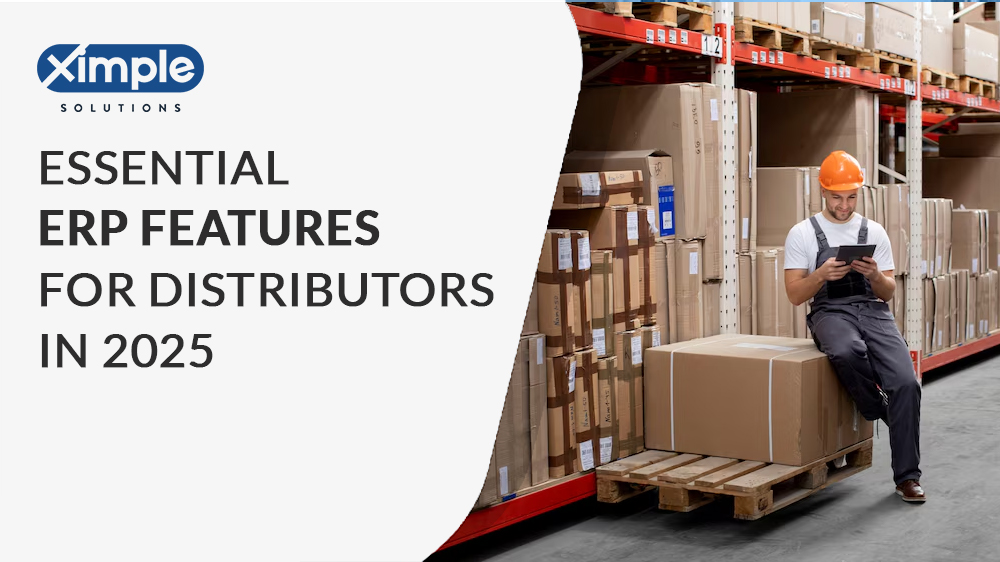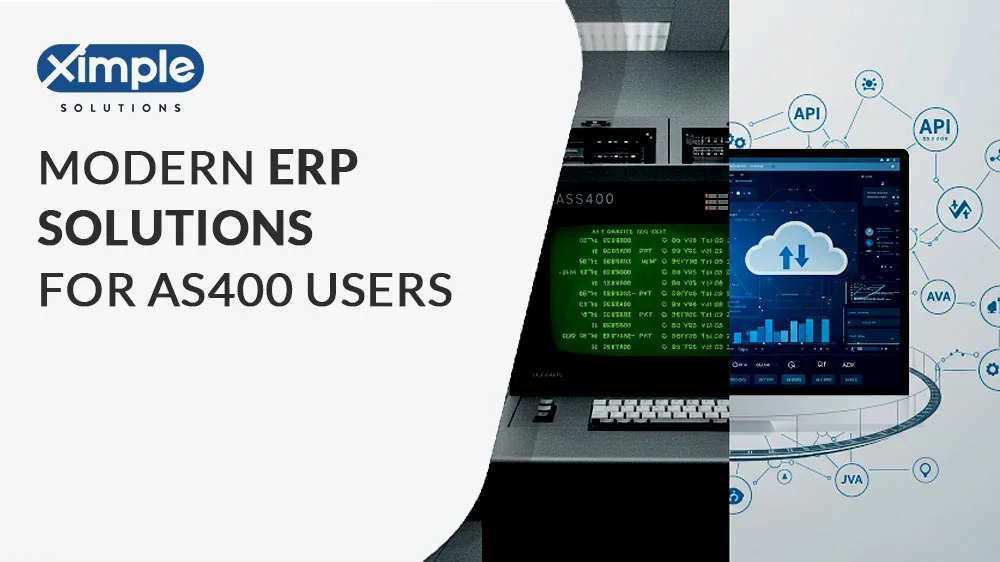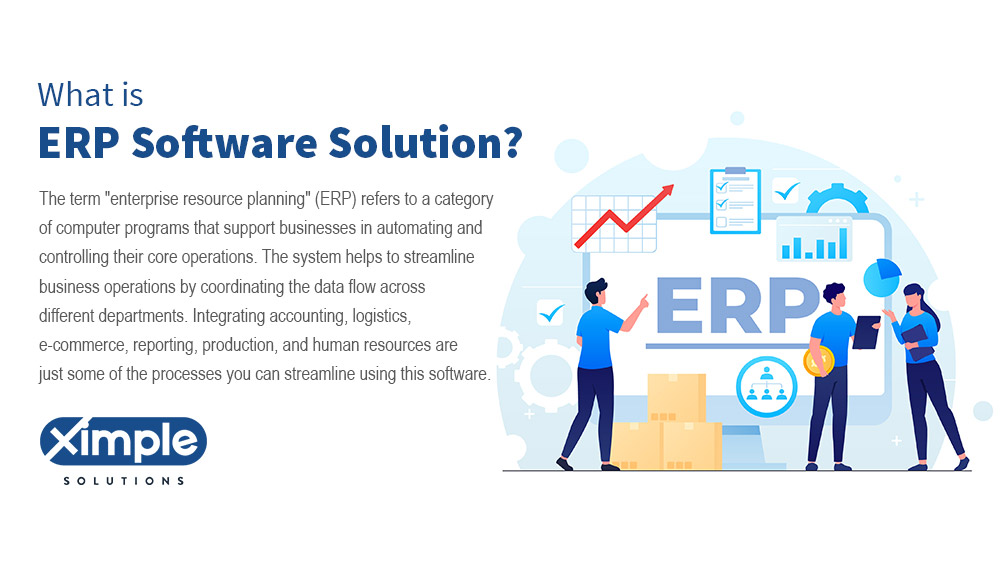Top 5 ERP Features Every Distributor Needs in 2025
Distributors today face increasingly complex supply chains, growing customer demands, and the need for efficient, cost-effective operations. With the rise of e-commerce and digital transformation, a robust Enterprise Resource Planning (ERP) system has become essential for distributors in industries like electrical, plumbing, HVAC, and pharmaceuticals.
As we move into 2025, it’s clear that distributors must embrace ERP solutions that not only streamline processes but also provide flexibility and advanced features to meet evolving business needs. In this blog, we’ll explore the top five ERP features every distributor needs to remain competitive and drive growth.
Table of Contents
- Introduction
- Real-Time Inventory Management
- Advanced Analytics and Reporting
- Mobile Accessibility
- Integrated CRM for Enhanced Customer Relationships
- Scalability and Customization
- Conclusion

Real-Time Inventory Management
Managing inventory efficiently is at the core of every distribution business. In 2025, real-time inventory management has become a critical ERP feature for distributors across industries like construction, fasteners, and janitorial supplies.
With real-time visibility into inventory levels, distributors can:
- Avoid stockouts and overstocking issues
- Track inventory across multiple warehouses
- Optimize stock based on current demand trends
- Ensure accurate and timely deliveries to customers
An ERP with real-time inventory management empowers distributors to automate the reordering process and gain insights into product movement, which reduces manual errors and enhances overall supply chain efficiency.
Advanced Analytics and Reporting
Data is the new gold for distributors. In 2024, distributors need advanced analytics and reporting capabilities within their ERP systems to make data-driven decisions.
Distributors can use analytics to:
- Forecast demand based on historical sales patterns
- Optimize purchasing decisions
- Identify underperforming products or regions
- Improve customer service by analyzing buying behavior
By leveraging business intelligence (BI) tools integrated into their ERP, distributors in industries like pharmaceuticals and electrical supplies can generate customized reports and dashboards that provide actionable insights, helping them stay ahead of market changes.
Mobile Accessibility
Distributors are no longer confined to their offices. The need for mobile access to ERP systems has skyrocketed, and it’s an essential feature that distributors must adopt in 2025. This feature is particularly beneficial for field sales teams, warehouse managers, and distribution staff who need real-time access to inventory, orders, and customer information.
With a mobile ERP, distributors can:
- Manage orders and inventory on the go
- Access real-time data from remote locations
- Ensure smooth operations from anywhere, anytime
Whether you are managing a fasteners distribution warehouse or overseeing the supply of plumbing materials, mobile access to ERP ensures you never miss a beat, improving efficiency and customer satisfaction.
Integrated CRM for Enhanced Customer Relationships
Customer relationships are at the heart of distribution businesses. In 2024, distributors need ERP systems that come with integrated customer relationship management (CRM) capabilities to better manage and nurture these relationships.
An integrated CRM allows distributors to:
- Track customer interactions and preferences
- Manage customer orders, sales history, and feedback
- Personalize marketing and sales efforts based on customer data
- Improve customer service and retention
For distributors in industries like HVAC, convenience stores, and tobacco & candy, maintaining strong customer relationships can lead to repeat business and a loyal customer base. An integrated CRM ensures that sales teams have all the necessary information at their fingertips to provide a personalized customer experience.
Scalability and Customization
No two distribution businesses are alike. That’s why scalability and customization are critical ERP features that distributors need in 2025. As businesses grow, expand into new regions, or introduce new product lines, their ERP system must scale with them.
Key benefits of scalability include:
- The ability to add new users, warehouses, or product lines as needed
- Customizable modules that cater to industry-specific needs (e.g., pharmaceuticals vs. HVAC)
- Reduced downtime when scaling operations
For distributors looking to remain agile and competitive, the flexibility to customize their ERP ensures that the system evolves with the business, providing long-term value.
Conclusion
As distributors across industries such as electrical, pharmaceuticals, and construction face increasing competition and growing operational demands, embracing the right ERP features is crucial for future success. In 2024, distributors must prioritize ERP systems that offer real-time inventory management, advanced analytics, mobile accessibility, integrated CRM, and scalability.
These features not only streamline business processes but also provide the flexibility and insights needed to stay competitive in a fast-changing market.
At Ximple Solutions, we understand the unique needs of distributors across various industries. Our ERP solutions are designed to help you navigate the challenges of modern distribution and stay ahead in 2025 and beyond.




